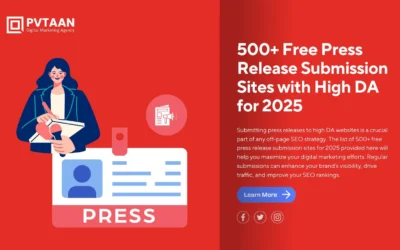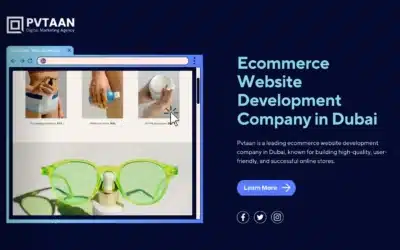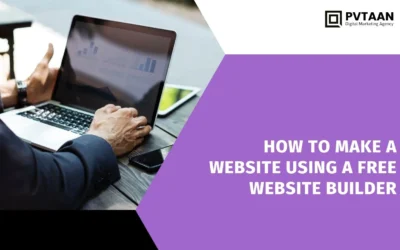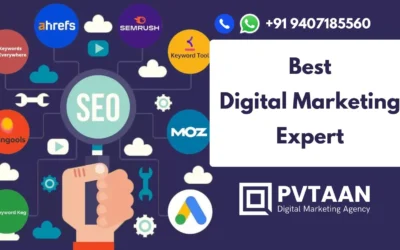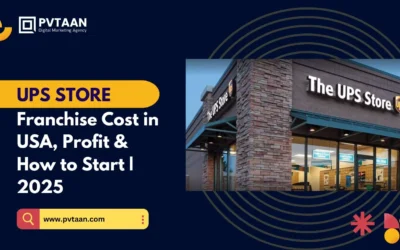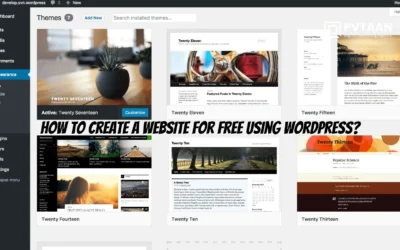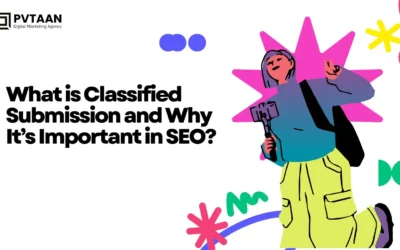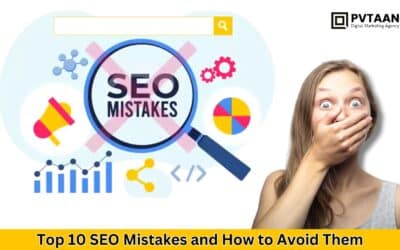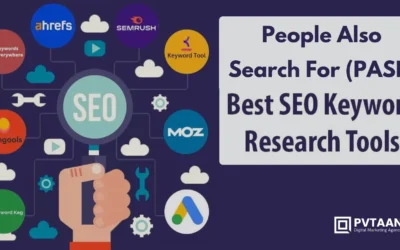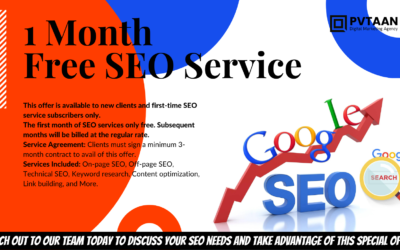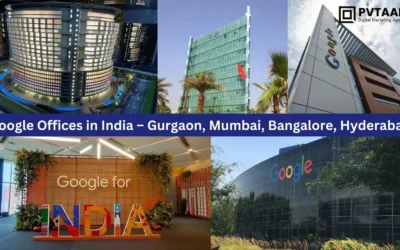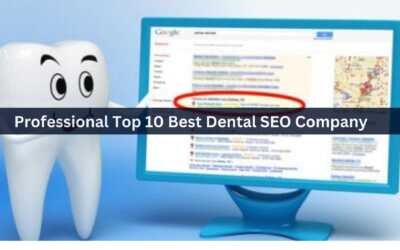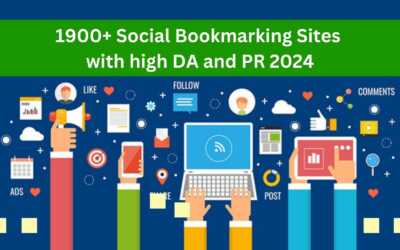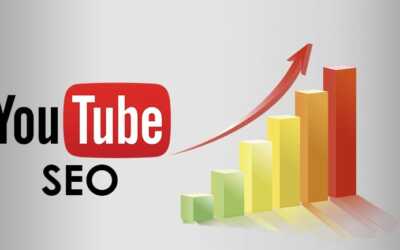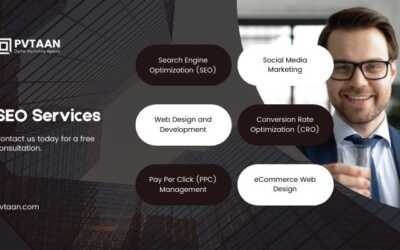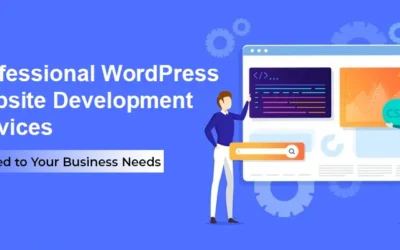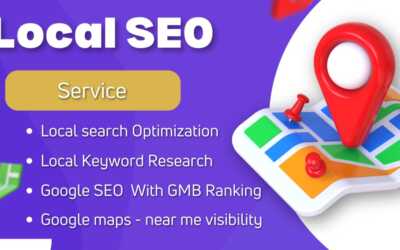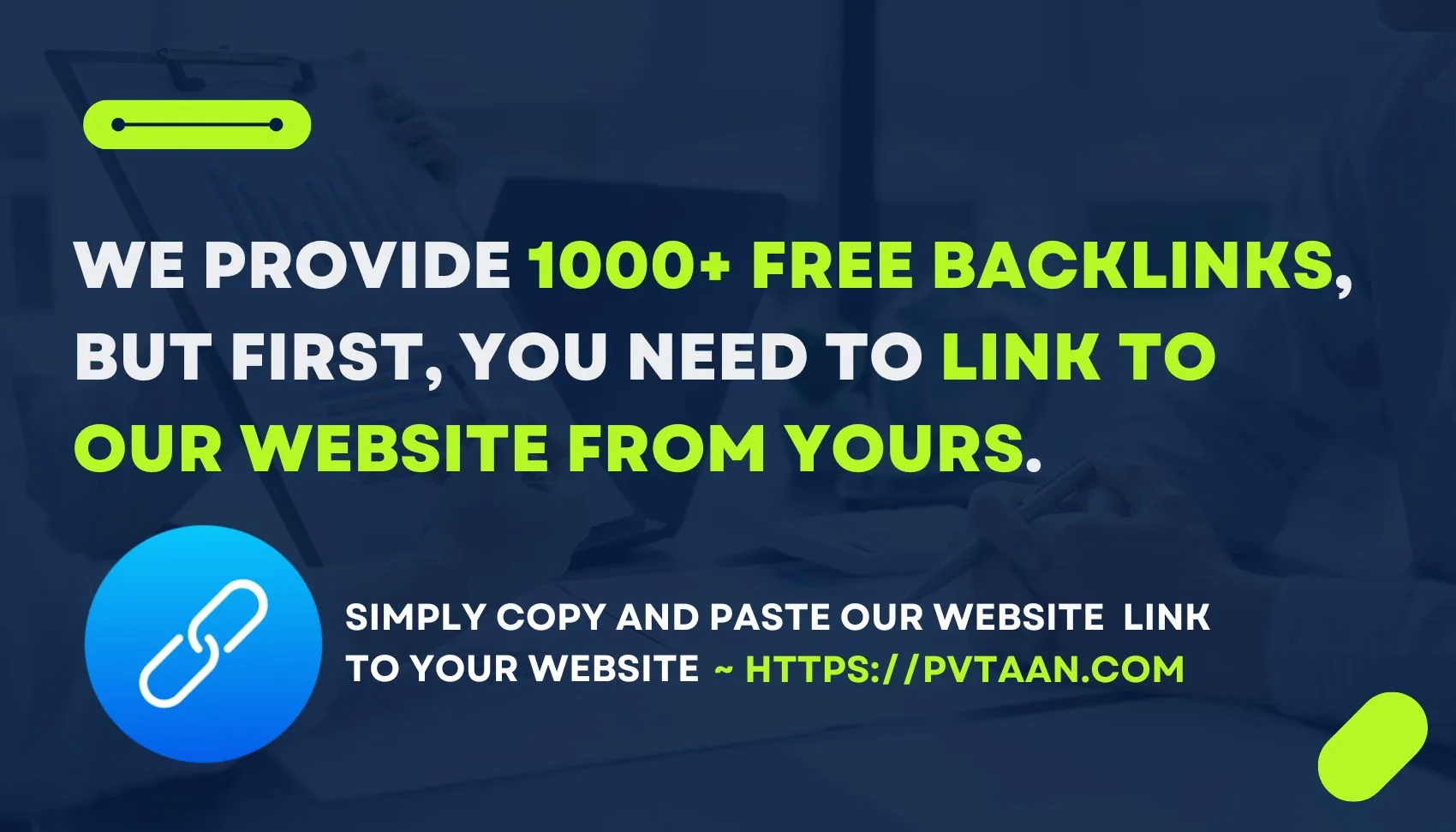Search Engine Optimization (SEO) is the process of improving a website’s visibility and ranking on search engine results pages (SERPs) for relevant queries. It involves a range of strategies and practices designed to make web content more accessible, engaging, and relevant to both search engines and users. SEO includes optimizing content, keywords, technical aspects (like website speed and mobile-friendliness), backlinks, and user experience to ensure that a site appears higher in organic search results.
In digital marketing, SEO plays a crucial role as it drives organic traffic without ongoing ad spend. Unlike paid advertising, where visibility ceases once the budget is exhausted, SEO builds long-term visibility, credibility, and authority. It helps businesses target potential customers actively searching for products or services, making it a highly efficient form of inbound marketing. By ensuring a website is optimized for search engines, businesses can attract relevant visitors, convert leads, and ultimately increase revenue. SEO also complements other digital marketing strategies like content marketing, social media, and email campaigns, creating a cohesive and efficient online presence.
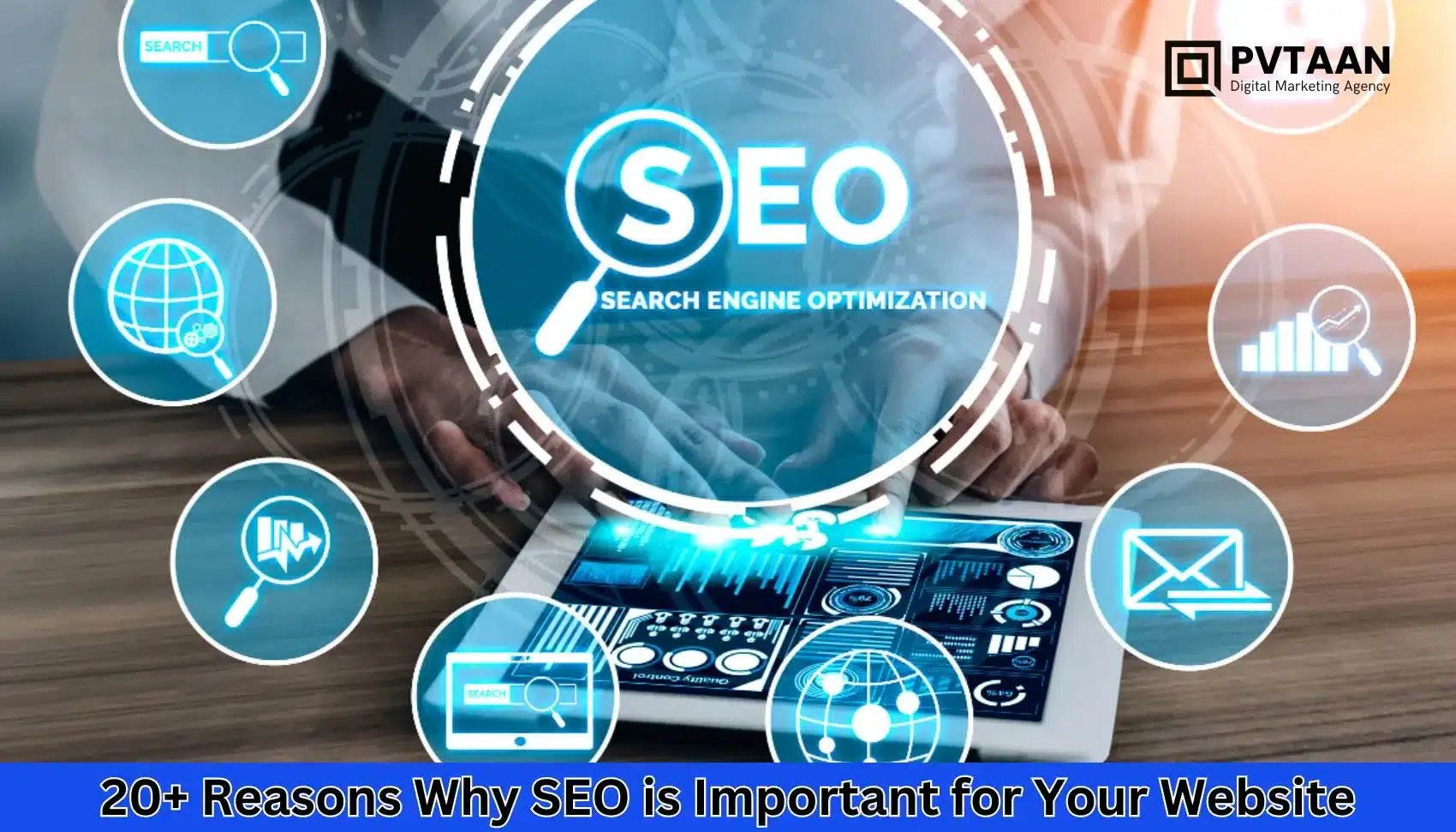
20+ Reasons Why SEO is Important for Your Website are:
1. Increased Organic Traffic
- Organic traffic is one of the most important sources of traffic.
- SEO optimizes your site for search engines, helping you rank higher for relevant queries.
- Higher rankings lead to more clicks, thus driving more organic traffic.
2. Builds Credibility and Trust
- Websites that rank higher on search engines are perceived as more trustworthy.
- SEO helps build authority through quality content, backlinks, and optimized site performance.
- Higher rankings foster a sense of credibility among users.
3. Better User Experience
- SEO practices like faster loading times and mobile optimization contribute to a better user experience.
- Google prioritizes sites that provide smooth navigation and a good user interface.
- Positive user experience leads to higher engagement, which in turn improves rankings.
4. High ROI (Return on Investment)
- SEO is one of the most cost-effective digital marketing strategies.
- Although results take time, the long-term benefits outweigh the initial investment.
- Organic traffic generated through SEO leads to higher conversion rates without ongoing paid advertising costs.
5. Long-Term Results
- Unlike paid advertising, SEO provides long-lasting results.
- Once your website ranks high, it continues to attract visitors without additional investments.
- Properly implemented SEO strategies maintain long-term visibility with occasional adjustments.
6. Cost-Effective Marketing
- SEO doesn’t require continuous spending, unlike pay-per-click (PPC) campaigns.
- Once you have optimized your website, organic traffic comes at no extra cost.
- SEO provides a better return on investment over time compared to paid media strategies.
7. Targeted Traffic
- SEO focuses on attracting users who are actively searching for products or services related to your business.
- By optimizing for specific keywords, you ensure that the traffic you attract is highly targeted and relevant.
- Targeted traffic leads to better conversion rates, as visitors are already interested in your offerings.
8. Helps You Stay Ahead of Competitors
- A well-optimized website can outperform competitors in search engine rankings.
- Investing in SEO ensures that you stay ahead of competitors who may not be focusing on their SEO strategy.
- Consistent SEO efforts give your website a competitive edge.
9. Local SEO for Local Businesses
- Local SEO helps businesses reach local customers by optimizing for location-based keywords.
- Google My Business listings, local citations, and online reviews play a key role in improving local visibility.
- This is especially important for businesses with a physical presence, such as restaurants, clinics, or retail stores.
10. SEO Enhances Content Marketing
- SEO and content marketing go hand in hand.
- By integrating SEO practices into your content strategy, you can ensure your content reaches the right audience.
- Quality content that is optimized for search engines attracts more organic traffic and backlinks, boosting authority.
11. Improves PPC Success
- Combining SEO with PPC (Pay-Per-Click) campaigns leads to better results.
- Both strategies complement each other, with SEO improving organic rankings and PPC driving paid traffic.
- A site with strong SEO is more likely to see higher click-through rates on PPC ads.
12. SEO Affects the Buying Cycle
- SEO allows businesses to connect with potential customers during the research phase of the buying cycle.
- Ranking for informational queries helps position your brand as a valuable resource early on.
- Customers who find useful information on your site are more likely to convert later in their buying journey.
13. Optimized for Mobile Devices
- With the rise of mobile usage, SEO has adapted to prioritize mobile-friendly websites.
- Google’s mobile-first indexing ensures that websites optimized for mobile perform better in search rankings.
- A mobile-friendly site is essential for user retention and search visibility.
14. Higher Conversion Rates
- SEO brings in high-quality, targeted traffic, increasing the likelihood of conversions.
- SEO optimizes the overall website experience, making it easier for users to navigate, interact, and convert.
- Optimized content, clear CTAs (Call to Action), and responsive design further drive conversion rates.
15. SEO Helps Build Brand Awareness
- The more frequently users see your site in search results, the more familiar they become with your brand.
- SEO helps increase your brand’s exposure by consistently placing you in front of potential customers.
- Over time, this leads to stronger brand recognition and customer trust.
16. Maximizes the Value of Paid Efforts
- Paid ads and SEO work together to cover more ground in search engine results.
- When users see your website both in organic listings and paid ads, it reinforces your brand and increases the likelihood of clicks.
- SEO enhances the effectiveness of your paid advertising efforts by providing a more comprehensive search presence.
17. SEO Supports Other Digital Marketing Strategies
- SEO acts as a foundational element that supports other marketing strategies such as social media, email marketing, and content marketing.
- A well-optimized site enhances the effectiveness of these strategies by driving more traffic and providing a seamless user experience.
- SEO ensures that all digital marketing efforts are more cohesive and aligned.
18. Adapts to Changing Search Engine Algorithms
- SEO is not a one-time effort; it adapts to the ever-evolving search engine algorithms.
- Staying updated with SEO trends allows you to maintain visibility in the dynamic digital landscape.
- Continuous optimization ensures your website stays relevant and visible, despite algorithm changes.
19. Boosts Social Media Engagement
- SEO and social media are closely connected.
- By sharing optimized content across social media platforms, you can drive more traffic to your website.
- Higher rankings also improve your website’s credibility, which encourages more social media engagement.
20. Provides Insight into Customer Behavior
- SEO tools like Google Analytics provide valuable insights into your audience’s behavior.
- Understanding how users find your site, what keywords they use, and how they navigate your content helps refine your marketing strategies.
- Data-driven decisions lead to better optimization and improved results.
21. SEO Enhances Website Speed
- Website speed is a critical ranking factor in SEO.
- Faster-loading websites not only rank higher but also provide a better user experience, reducing bounce rates.
- Optimizing your website for speed improves overall performance and search visibility.
22. SEO Encourages Better Content Structure
- A well-optimized site is easier for search engines to crawl and index.
- SEO practices encourage better site architecture, making it easier for users to find the information they need.
- Properly structured content with headings, tags, and optimized URLs contributes to both user experience and rankings.
23. Global and Multilingual Reach
- SEO allows you to reach a global audience by optimizing for multiple languages and regions.
- International SEO strategies help businesses expand their presence beyond local markets.
- Tailoring content to different languages and cultures ensures higher visibility on a global scale.
24. Increases Site Usability
- SEO improves website usability by making it easier for users to navigate, find information, and interact with your content.
- An optimized site enhances the overall user experience, leading to higher engagement and retention rates.
- Clear navigation, proper formatting, and well-organized content are crucial components of SEO and user-friendly design.
25. SEO Offers Measurable Results
- One of the biggest advantages of SEO is the ability to track and measure results.
- With tools like Google Analytics, you can monitor traffic, rankings, conversions, and other key metrics.
- This transparency allows you to refine your strategy over time and achieve better outcomes.
SEO is essential for websites today because it drives organic traffic, builds credibility, and enhances user experience. High search engine rankings lead to increased visibility, which helps attract targeted visitors and boosts conversion rates. SEO is also cost-effective, offering long-term results without continuous spending on ads. It supports other digital marketing strategies like content marketing and social media, while providing valuable insights into customer behavior.
Investing in SEO delivers lasting benefits, as it adapts to changing algorithms and secures long-term visibility. More than just a marketing tool, SEO is a critical component of any business’s online presence, helping brands stay competitive and reach their audience more effectively.







